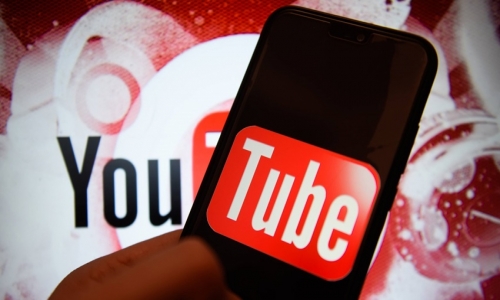One of the most important aspects of Youtube is the recommendation engine , as the vast majority of views and watch time come from recommended content rather than direct video traffic . The platform is also very successful in determining which videos will be relevant to which user. However, when it comes to news and factual videos, videos with false information pose a great danger.
Last year, YouTube promised its users that videos without real information would be cleaned. According to a study published by the University of California Berkeley, YouTube fulfilled its promise to its users. According to research, YouTube has shown a 40% reduction in the likelihood of suggesting videos with unrealistic information.
8 million videos analyzed in 1 year

Software has been developed to help computers learn how to distinguish between the two by analyzing hundreds of unreal and real information videos. After the software, computers analyzed eight million recommended videos for a year. The videos were analyzed using transcripts, metadata (titles, descriptions and tags), the first 200 comments of each video and the perceived purpose of these comments. Depending on the content of each of these sources, videos were classified as either real content or unreal content.
Makalemizle iİlgili Görüşlerini Belirtebilirsin














